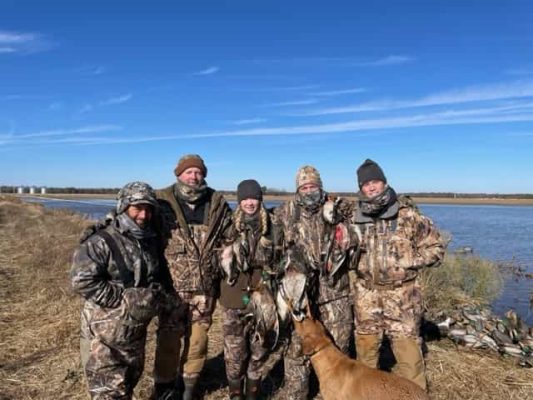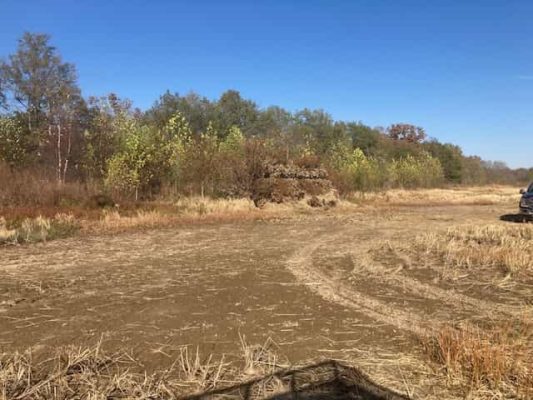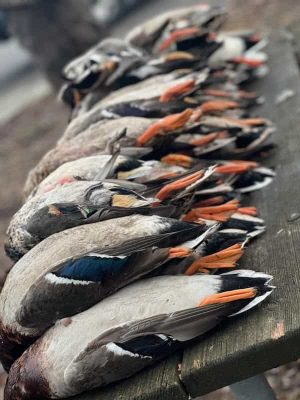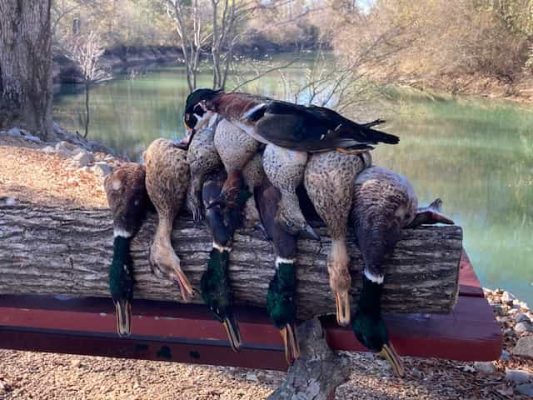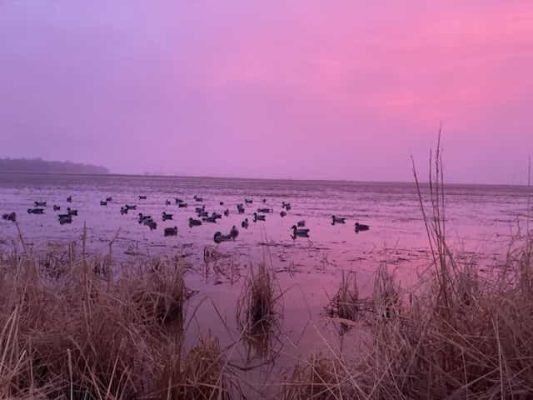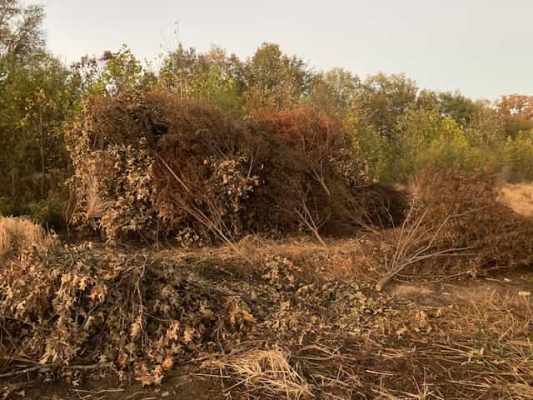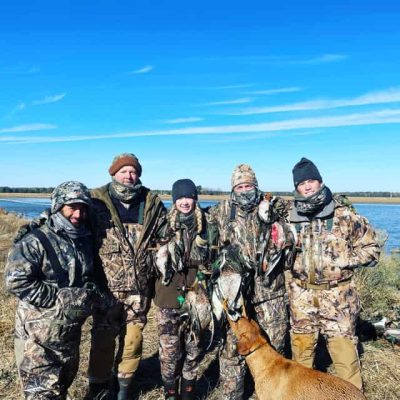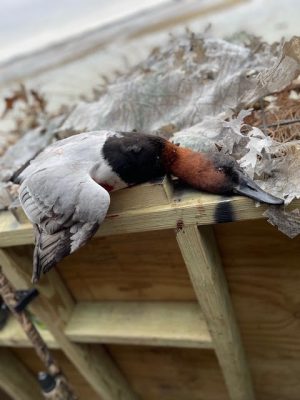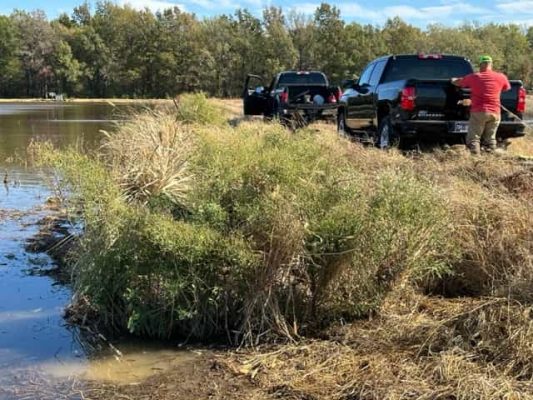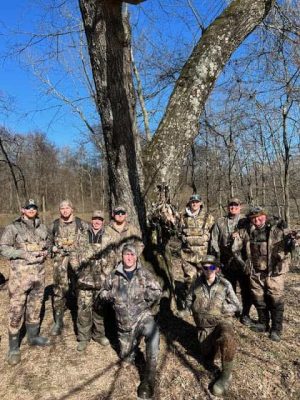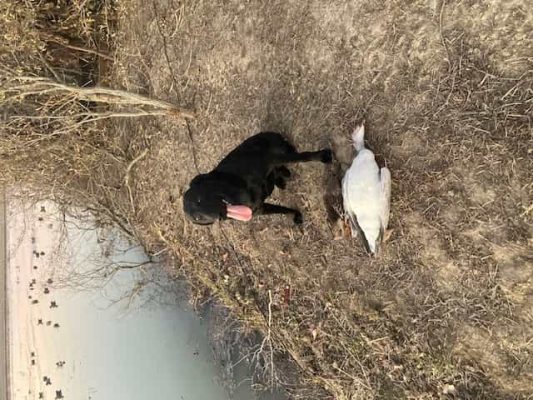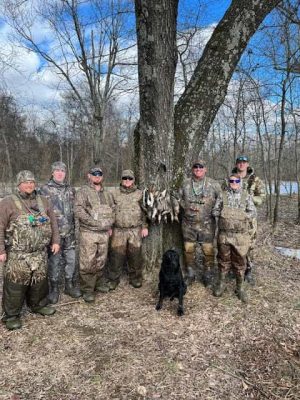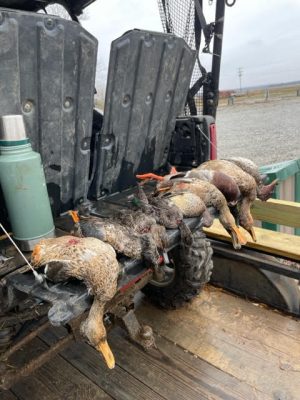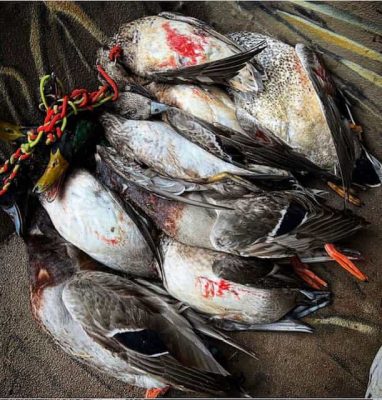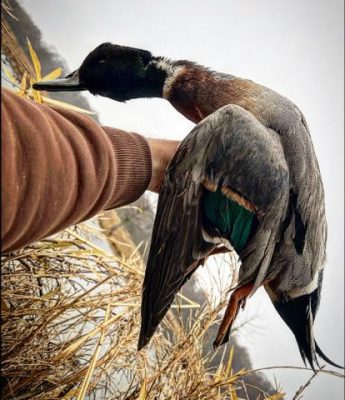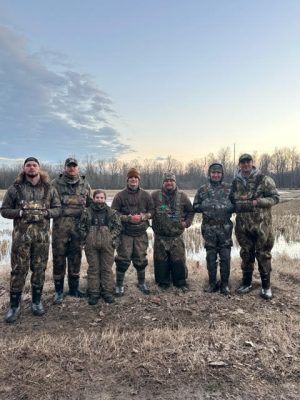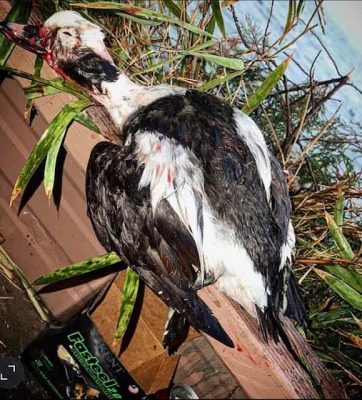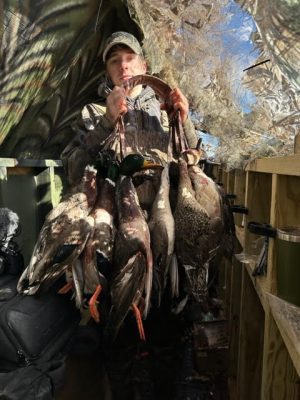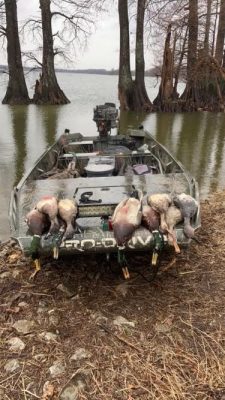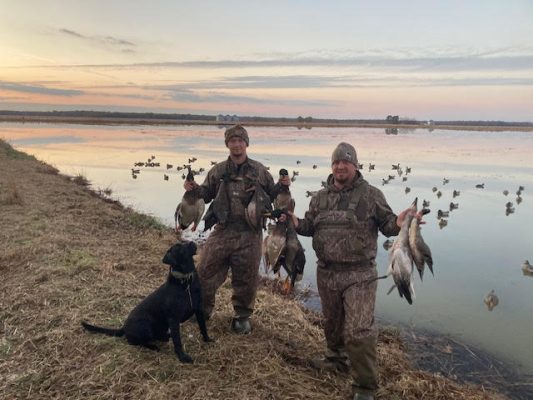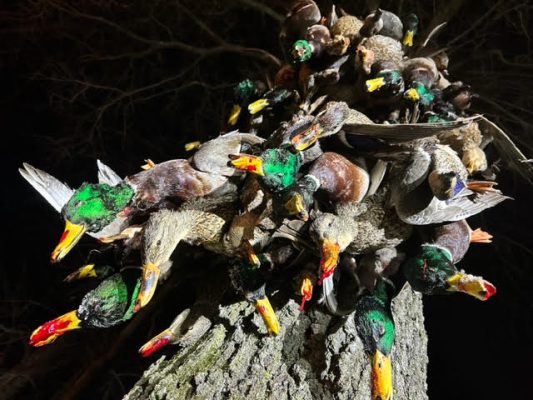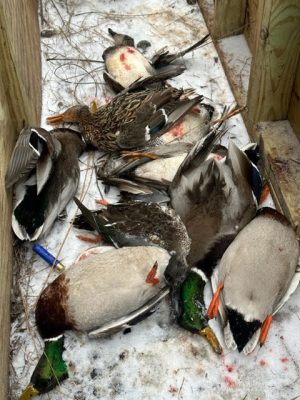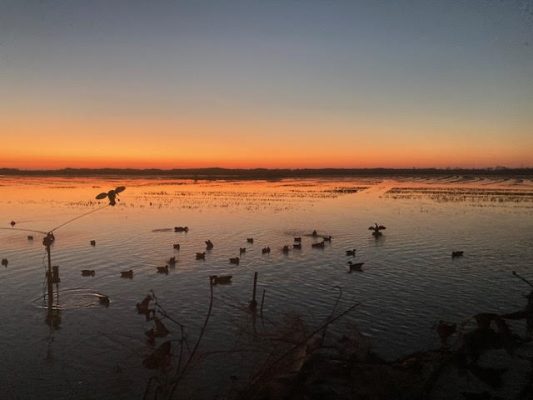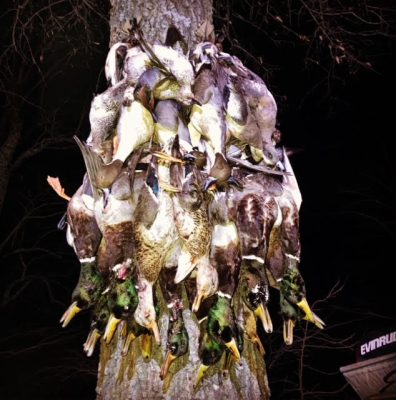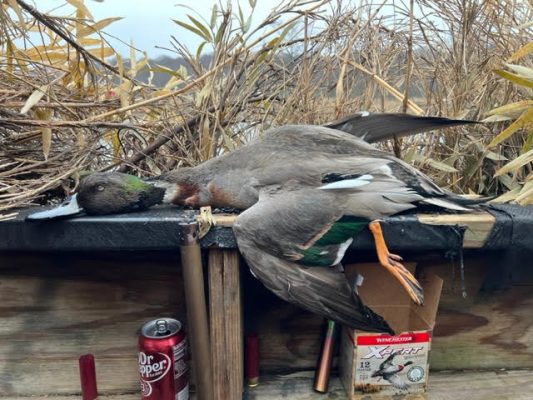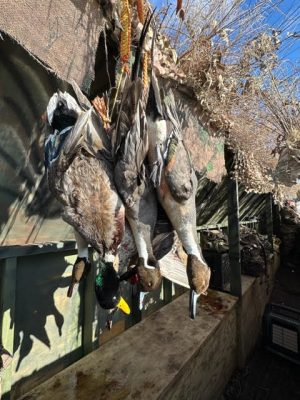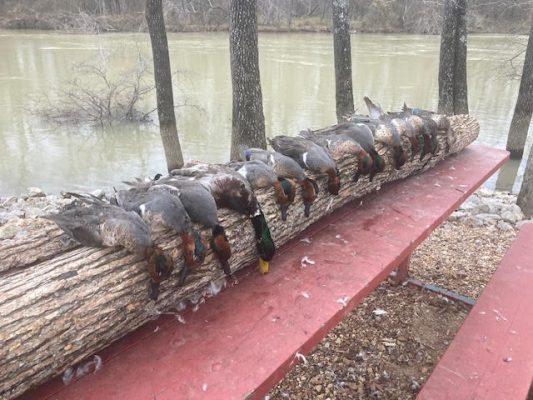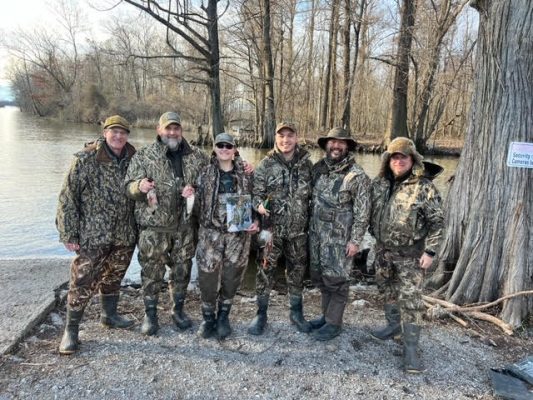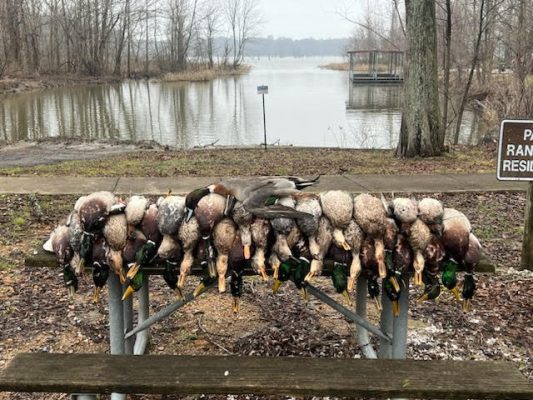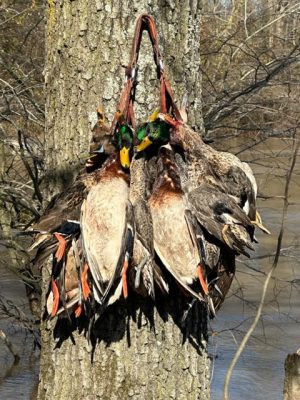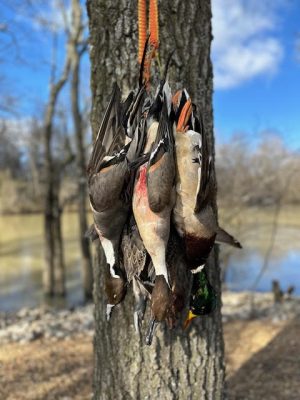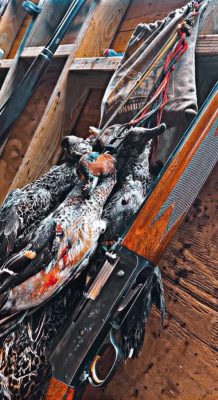What Is the Best Time to Go Duck Hunting in Tennessee?
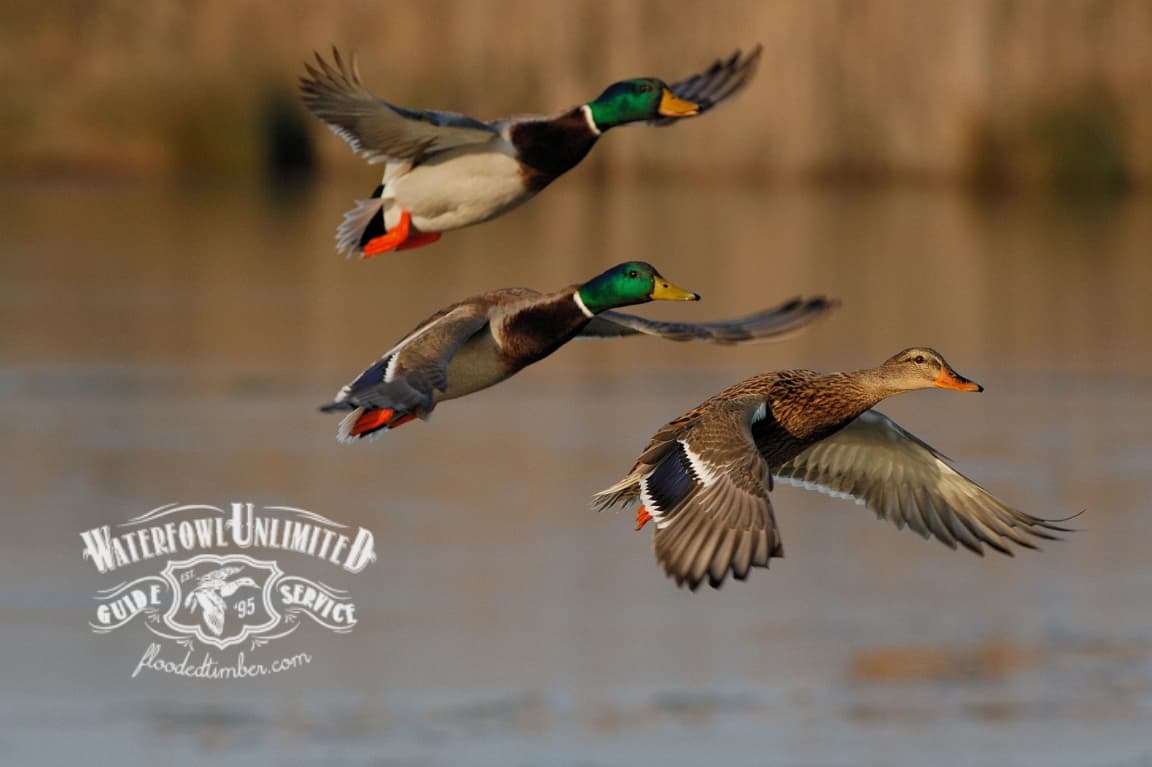
Duck hunting holds great appeal for hunting enthusiasts in Tennessee, who can indulge in this popular outdoor activity. With its diverse wetlands and expansive waterways, the state provides ideal habitats for ducks, attracting a wide range of species during their annual migration. If you’re considering a duck hunting trip to Tennessee, understanding the optimal timing becomes paramount.
In this article, we will delve into the best time to embark on a duck-hunting adventure in Tennessee and offer valuable tips for ensuring a successful outing.
Winter Migration
The optimal time for duck hunting in Tennessee coincides with the winter months. Ducks migrate south during the colder seasons in search of food and more hospitable environments. Tennessee serves as a crucial stopover for many species as they travel along their migration routes.
The primary duck hunting season in Tennessee typically begins in late November and extends through late January. This period aligns with the peak of waterfowl migration, ensuring a higher concentration of ducks in the region.
Species and Availability
Tennessee offers a wide variety of duck species for hunters to target. Mallards, wood ducks, teal, gadwalls, and widgeons are among the most common species found in the state. Each species has its own preferred timing for migration and may vary in availability throughout the hunting season.
By researching the migratory patterns and behaviors of your desired duck species, you can better plan your hunting trips to coincide with their peak presence in Tennessee.
Weather Conditions
While the general duck hunting season in Tennessee typically extends from late November to late January, it’s crucial to take into account the profound impact that weather conditions can have on duck movements. Severe weather up north can forcefully drive ducks further south, ultimately increasing their numbers within Tennessee.
Cold fronts and storms are known to trigger significant migrations, resulting in a notable influx of ducks throughout the state. Vigilantly monitoring weather forecasts and remaining adaptable to unforeseen changes can significantly bolster your chances of achieving success during your hunting expedition.
Local Knowledge and Scouting
To maximize your duck hunting experience in Tennessee, it’s beneficial to gain local knowledge and scout potential hunting locations like Reelfoot Lake, where you can arrange guided duck hunting trips. Networking with other hunters, joining local hunting clubs, or seeking guidance from wildlife agencies like the Tennessee Wildlife Resources Agency (TWRA) can provide valuable insights into prime hunting spots and current waterfowl activity.
Scout the wetlands, rivers, and reservoirs in advance to identify areas where ducks frequent, ensuring you’re well-prepared when the hunting season arrives.
Licensing and Regulations
To ensure a responsible and enjoyable duck hunting trip in Tennessee, it’s essential to have the required licenses and a thorough understanding of the state’s hunting regulations. The Tennessee Wildlife Resources Agency (TWRA) offers accurate information on hunting seasons, bag limits, and licensing requirements.
Adhering to these regulations is crucial for wildlife preservation, safety, and ethical hunting practices. Familiarizing yourself with these guidelines contributes to a responsible and enjoyable duck hunting experience.
Conclusion: What Is the Best Time to Go Duck Hunting in Tennessee?
Duck hunting in Tennessee offers an exciting and fulfilling experience for outdoor enthusiasts. The ideal time for duck hunting in the state is during the winter months when migrating ducks utilize the diverse wetlands of Tennessee.
To enhance your chances of a successful hunt, take into account factors such as the time of the hunting season, species availability, weather conditions, local knowledge, and adherence to regulations. Prepare yourself, plan your trip, and fully immerse yourself in the world of duck hunting in Tennessee’s breathtaking landscapes.










